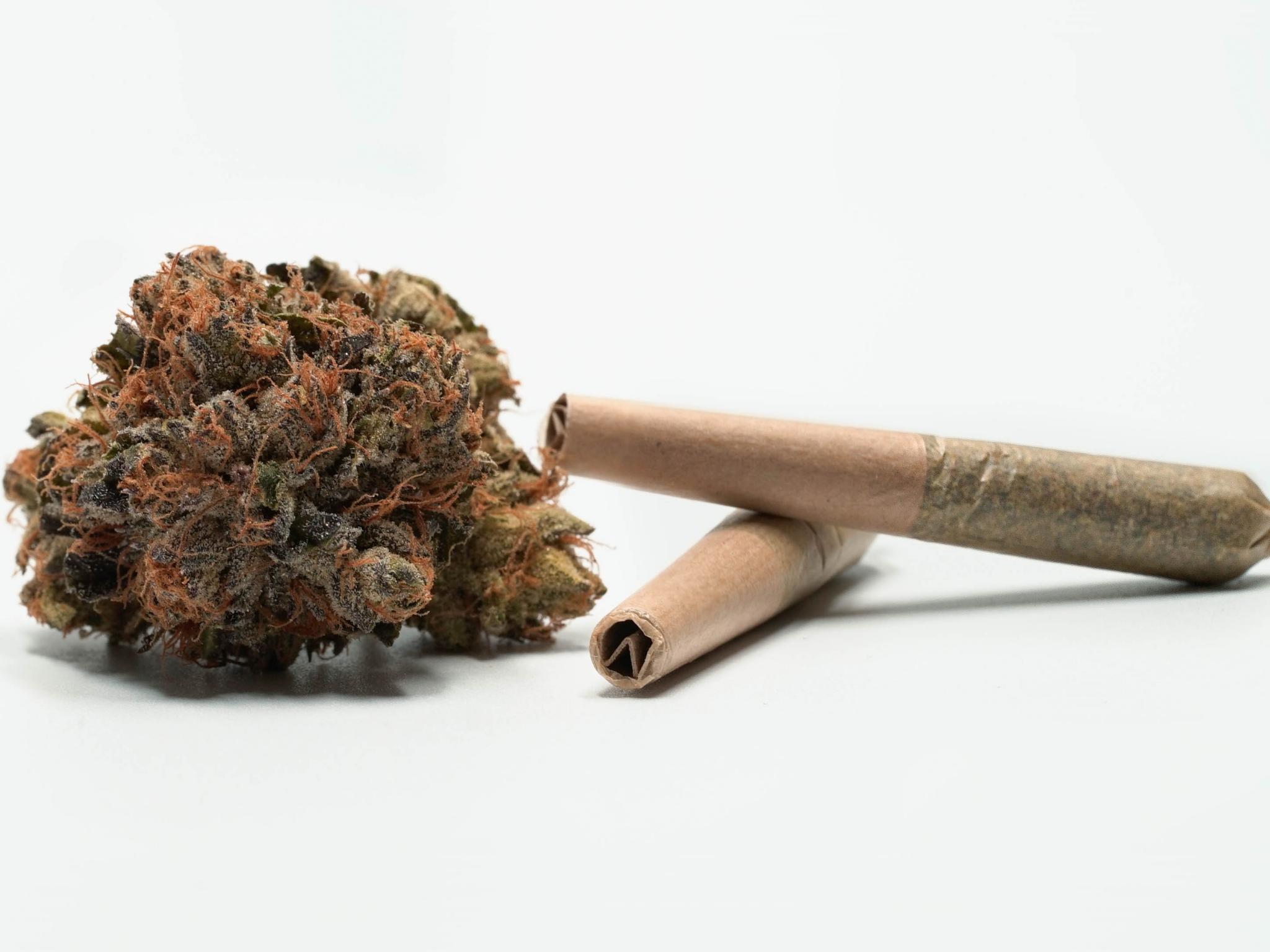
This article was originally published on The Fresh Toast and appears here with permission.
As you begin to purchase more expensive cannabis flowers, you may notice that the buds become stickier. This is because some of these plants were bred to contain a lot of trichomes, so they are highly potent.
Have you ever wondered why your weed is so sticky? With cannabis, many things can affect the overall experience. Some people prefer their weed to be really “sticky,” as that signals that the cannabis flower is high quality.
So, why is it that some cannabis is sticky-icky while other strains are dry and crumbly? This article will explore the science behind weed stickiness and teach you everything you need to know about sticky cannabis.
Why is weed sticky?
The secret lies in the trichomes, a subject the stickiest buds are well versed in. Trichomes, also called weed crystals, are small hair-like growths on a plant. Marijuana plants are full of them. But they do far more than just look good. Trichomes contain resin, which gives cannabis its power.
Often referred to as ‘essential oil,’ cannabis resin is a gooey, thick substance that may be translucent or have a red or orange color. Many plants and trees produce resin. However, cannabis resin contains cannabinoids, which makes it unique.
As it turns out, trichomes on weed are resin glands. The sticky bud clearly indicates that many trichomes have formed on the flower. As trichomes increase, so does resin production. A higher resin content means more terpenes, THC, and cannabinoids. A resinous weed with crystals may have better medical potential, a stronger high, and a better smell and taste than if it has minimal resin (or is not sticky).
As you begin to purchase more expensive cannabis flowers, you may notice that the buds become stickier. This is because some of these plants were bred to contain a lot of trichomes, so they are highly potent.
Sticky marijuana resin is often compared to tree sap. You can imagine how similar the two are if you’ve ever felt sap in your hand. Just like cannabis, you can attribute the smell of sap to terpenes—the compounds in tree sap.
If you have ever heard of hash, hash is just cannabis resin. Hash is a concentrate formed by compressing the parts of the cannabis plant that contain resin. (Want to learn how to make hash at home?) Additionally, some people refer to the remnants of weed residue as resin, which may originate with the word residue. This article will restrict the term ‘resin’ to natural substances produced by plants.
Interestingly, the strain Pinkman Goo is considered to be one of the most resinous strains. The buds of this indica strain, a cross between Granddaddy Purple, Grape Ape, and Northern Lights #5, are densely covered in resin. According to laboratory tests, samples with the “goo glob” contain 4% additional THC than samples without the goo. This is evidence that a significant amount of THC is contained in resin. The resin contributes to the sweet flavor of the strain. Many people report that Pinkman Goo provides very relaxing effects.
Sticky weed vs. dry weed
It’s no mystery why sticky weed is prized by cannabis connoisseurs: it’s often more potent and flavorful. However, is dry bud less desirable because it’s not sticky? It turns out both have their benefits.
Dry weed has a bad reputation. However, it is often more affordable, and it is still effective, so many people prefer dry weed for this reason. Even though the cannabinoids and terpenes are not as abundant as in sticky weed, plenty are still available.
Some weed is simply dry because it contains less resin and fewer trichomes. Consequently, the product is less potent. It may be that the plants were left to dry for a long time, thus losing some potency, or that strain may not contain as many trichomes as stickier varieties.
However, really dry weed indicates that the cannabis is past its prime. You can still use it, but it will have lots much of its flavor and some of its potency. As the plant gets older, it becomes drier. Still, it should remain sticky if stored properly. Nevertheless, you shouldn’t assume that you can stash sticky bud and pull it out a year later with its trichomes still intact.
Is sticky weed good?
Sticky-icky is a term you have probably heard, and it typically refers to good weed! When it’s cured properly, cannabis flower is moist and sticky to the touch. If the weed doesn’t have those specific characteristics, it’s likely not as high quality or flavorful. There are a lot of slang names for lower-quality weed, so low-quality cannabis is often called ’round-town brown’ or ‘reggie.’
Depending on your situation, you should choose your weed carefully. For example, you don’t need to use very sticky weed for edibles since you can achieve the same effects and save money by using dry weed. Even though sticky weed isn’t ideal for baking and can be expensive to share, it remains a preferred choice for many users.
Furthermore, if you’re gathering with friends, buying drier marijuana in larger quantities might be more economical. Sticky buds tend to be more expensive per gram. By choosing dried flowers, you will be able to get substantially more bang for your buck.
If you want an exceptional cannabis consumption experience and can afford it, sticky weed is the way to go. Due to the potency, many find that using less is more cost-effective than using drier variations.
If you want a strong and long-lasting high, go for the super sticky stuff. But if you’re trying to save money or don’t need such a powerful punch, dry weed will do the trick.







